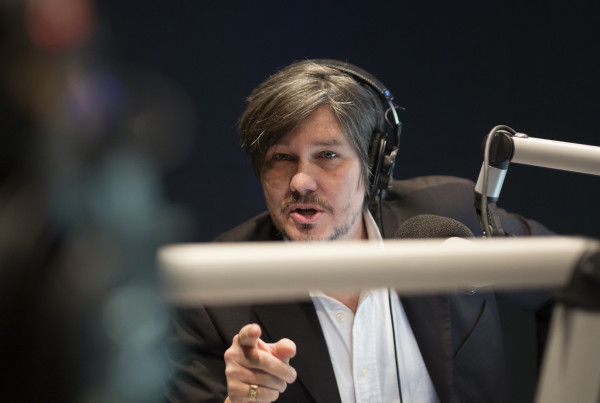Last month the University of Texas System pulled the plug on its Institute for Transformational Learning, a $75 million project meant to serve as a sort of technology startup.
Another UT system project is officially ending operations this month. The Texas Oil and Gas Institute lasted just three years, and had a $12.8 million price tag, at a time when the university has been facing criticism over rising tuition costs.
Neena Satija, Investigative Reporter for the Texas Tribune and Reveal, has been following the university’s spending. She says the projects the UT System has canceled, as well as a controversial land purchase in Houston, were paid for by the Permanent University Fund, or PUF – the large endowment made possible by oil money. Satija says the system has been receiving around $600 million annually from the fund, and can, with some restrictions, choose how it wants to spend the money.
“With respect to the Institute for Transformational Learning,” Satija says, “the idea they had when they first created that, was to really think big as a system – to think about the role they could have in transforming the landscape of higher education and boosting their prestige around the country.”
Satija says the newer members of the UT Board of Regents, along with the governor who appointed them, are concerned about spending on big projects when the state is experiencing a budget crunch.
Instead of spending PUF money on big ideas, Satija says some regents want money spent on individual campuses within the UT system. More money could go for scholarships, student services or educational improvements on those campuses.
Written by Shelly Brisbin.
















